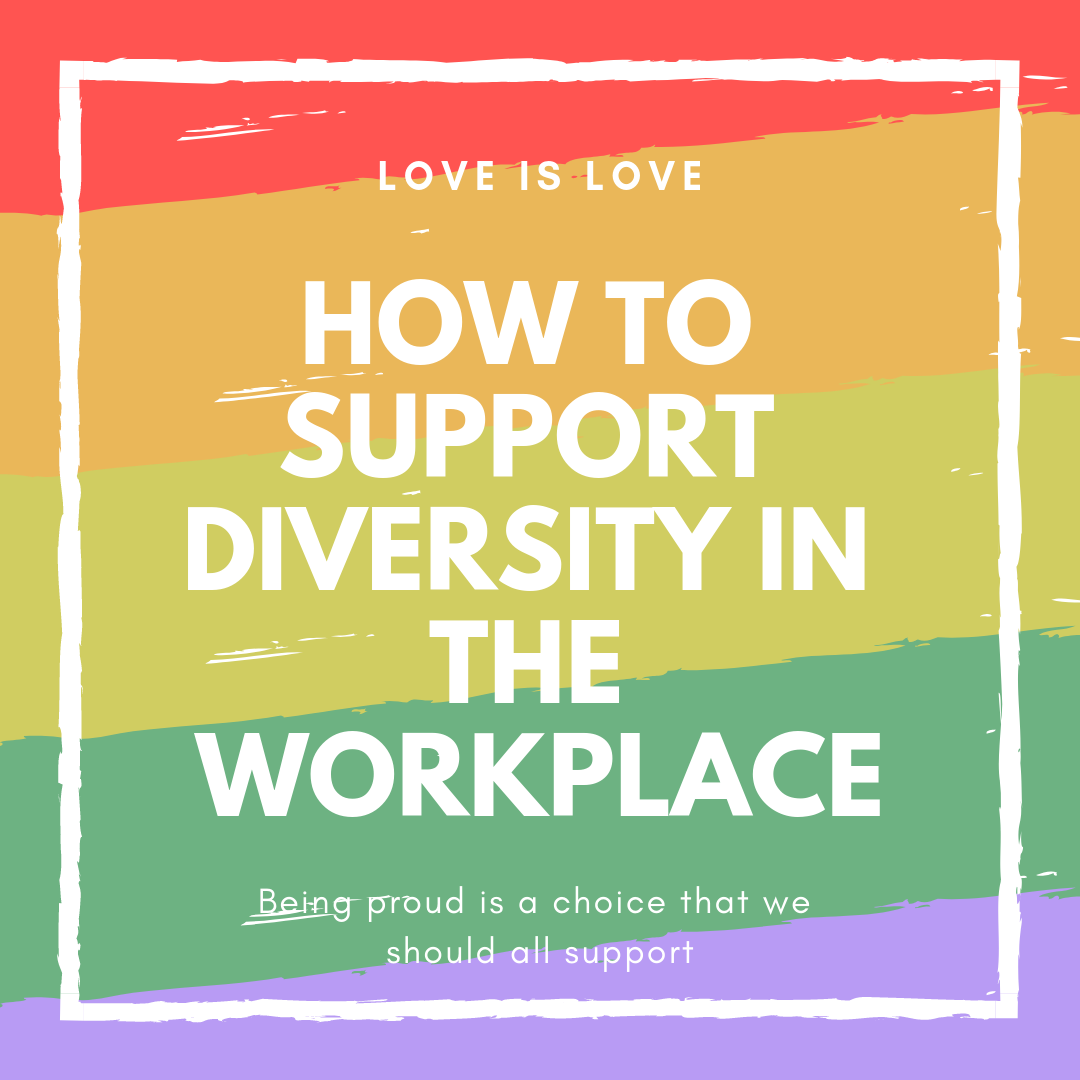The Impacts of Social Exclusion and Abuse - Social exclusion and abuse often go hand-in-hand with the LGBTI community. Being LGBTI is outside the 'norm', and some people find it strange. This leads to isolation and discrimination which in turn has significant health and social impacts. Social exclusion and abuse cause - feeling unsafe, addiction, self harm, psychological distress, suicide attempts and risk of mental illness. A staggering proportion of LGBTI community members suffer the ill effects of isolation and exclusion in the community. However, at work this should not be tolerated. The Impacts of Inclusion and Recognising - By recognising people as individuals that have something unique and amazing to offer we open the door to a wide variety of opportunities. By being inclusive we provide LGBTI people with increased confidence to access healthcare, boost their mental health, improve their resilience (especially important in nursing), increase their sense of security and provide social cohesion. Some Statistics - Why is this so important? Lets take a look at some statistics surrounding LGBTI people.
Give time and attention to colleagues Understand your colleagues and understand their needs. Some people like to openly talk about things, and other don't. If they do want to talk and discuss, give them an opportunity to. This can be through an informal conversation in the tea room, and a formal meeting. Whatever way suits the needs of the colleague. It's also important to give everyone equal time and attention, don't favour just a few people. Listen Active listening involves engaging in the conversation. When someone is telling you something that is difficult for them, they expect to be listened too and understood. By actively listening we are showing people that we care about what they are saying, and this is important to support people. Stand against inappropriate behaviour If you seem someone discriminating, pull them aside and explain that their behaviour might not be appropriate. Offer advice on how to deal with that situation, and educate them about minority groups. To stand against bullying we need to be aware of our own personal biases and judgements, and how we need to manage them. Foster open conversations Being able to openly communicate and discuss these issues in the workplace is a powerful tool! It shows that you are committed to making a difference, and are supportive of peoples diversity. Educate staff One of the most effective ways to foster an inclusive environment is by providing education. Providing education raises awareness for minorities, and normalises things that may seem different. Click Here to see Training Packages through National LGBTI Health Alliance > Seek Help Sometimes we don't have all the answers or solutions to a problem, and thats okay. If that happens, I urge you to seek help. Often colleagues, friends and patients can tell us information that we don't know how to deal with. It is perfectly acceptable to them that you don't know and refer them onto a service that can help. And always remember to seek help when you need it. Have a little pride At CQUniversity we made a big effort to have pride flags, rainbows, pins and badges and a whole heap of awesome stuff around so that students, visitors and staff knew they were accepted and welcome on the campuses. Doing this is a great way to show your support.
If you need help -Lifeline Australia provides 24 hour crisis support on 13 11 14 Beyond Blue provides 24 hour support on 1300 22 4636 Kids Helpline provides 24 hour supports to children and teenagers 1800 55 1800 QLife provides support to LGBTI people between 3pm-12am on 1800 184 527 In an emergency call 000 If you liked this post - please comment, like and share.
0 Comments
Leave a Reply. |
|
||||||||||||



